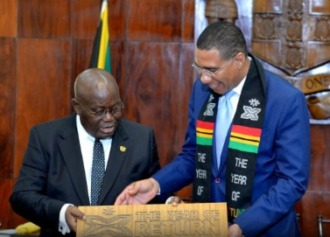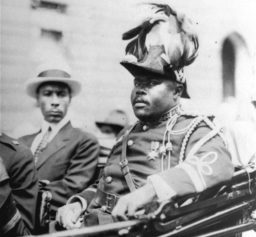The latest IMF loan does not “rescue” Jamaica whose debt must be written off if its people are to take control of their economy
Many people in Jamaica trembled as they read the financial press last week, telling them that their country is, again, due to be “rescued” by a loan package put together by the International Monetary Fund.
Over 40 years, Jamaica has been “rescued” on countless occasions. In the 1980s, the island became almost a byword for “structural adjustment.”
Jamaica is one of the most indebted countries, spends twice as much on debt repayments as it does on education and health combined, and looks set to miss several millennium development goals. After four decades of austerity, the country has a few lessons for the likes of Greece, Portugal and Ireland.
The IMF has announced a $1 billion loan to “help” Jamaica meet huge debt payments due in coming years. As usual, the loan is to be accompanied by four years of austerity – precise details still pending, though a pay freeze, amounting to a 20 percent real-terms cut in wages, has been agreed.
This austerity will be applied to an economy that has effectively not grown since 1990. Huge debt has been a constant burden, with foreign debt payments of more than 20 percent of government revenue every year. When the financial crisis hit, the island was pushed into full-scale recession, before being pounded by Hurricane Sandy last year.
But Jamaica’s problems go back much further. The island’s economy has been shaped by centuries of violence, plunder and slavery. Hundreds of thousands of lives were wasted on sugar plantations, which “kept the wheels of metropolitan industry turning” in Britain.
Jamaica never recovered from slavery; families of former slaves remained deeply impoverished, and the economy almost totally dependent on foreign capital, mining and raw materials, while importing food and other essentials.
Jamaica became independent from Britain in 1962, but it was only in the 1970s that the government of Michael Manley initiated policies to reduce dependency on foreign capital, improve living standards and fight inequality. He supported health and education, nationalized industries, increased taxation on foreign investment and encouraged agricultural self-sufficiency.
Read more: guardian.co.uk


